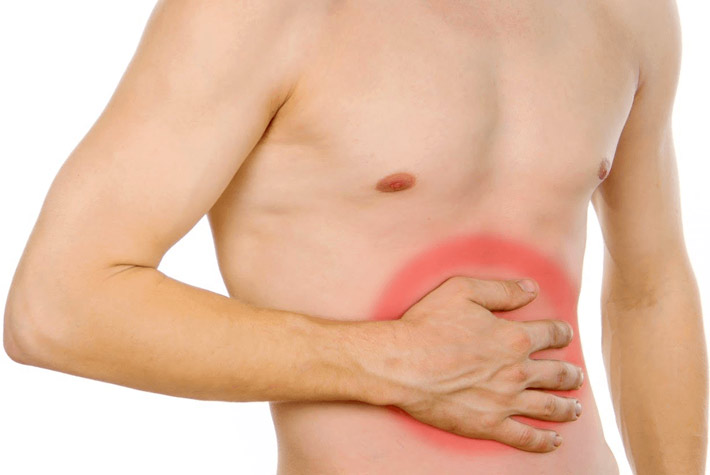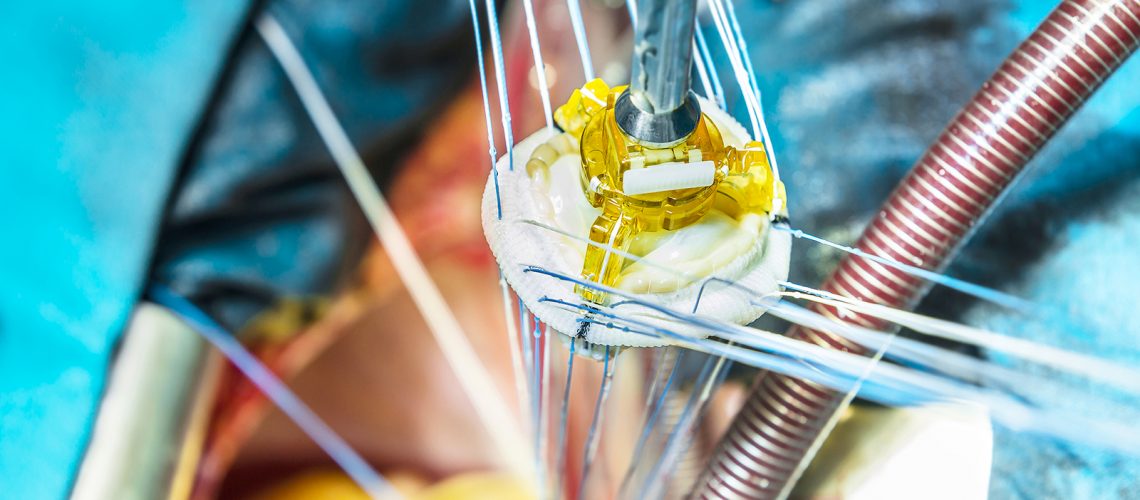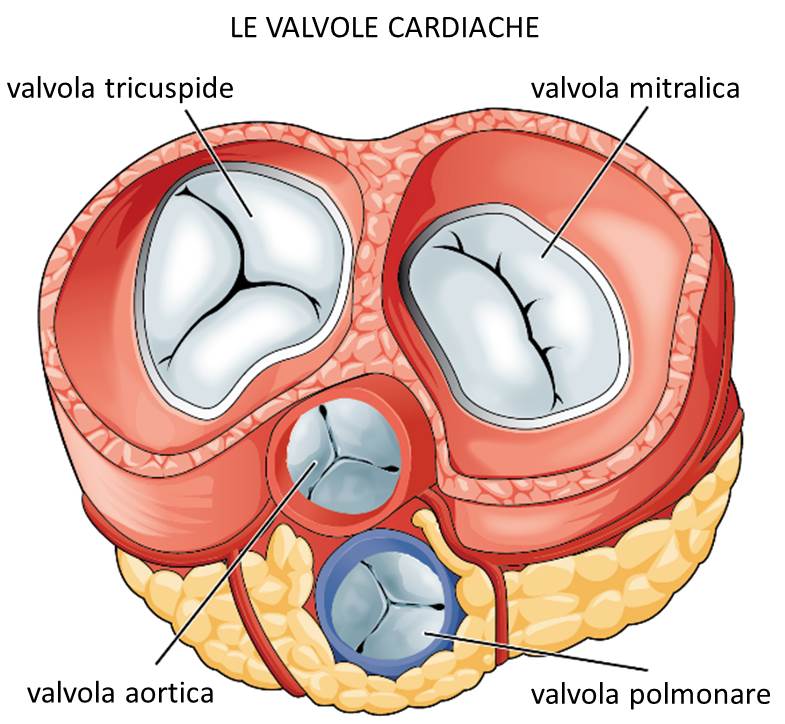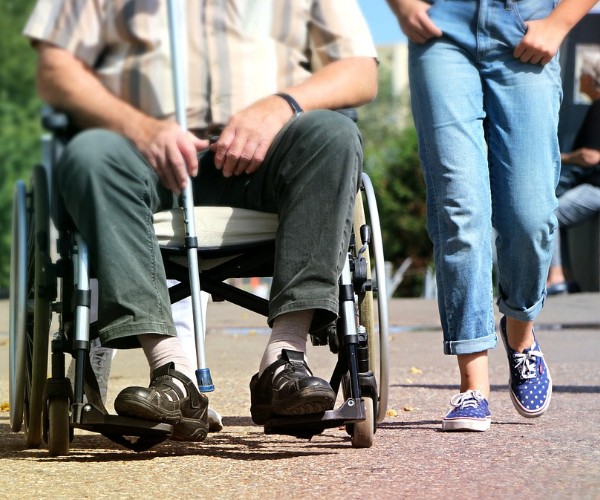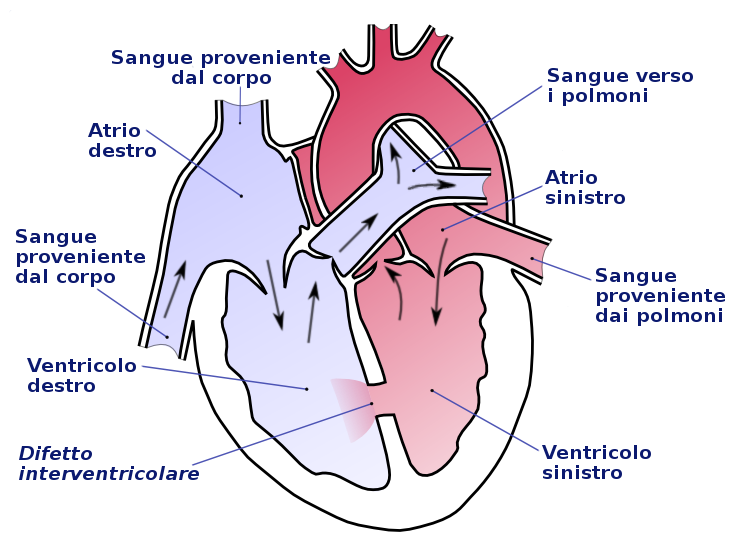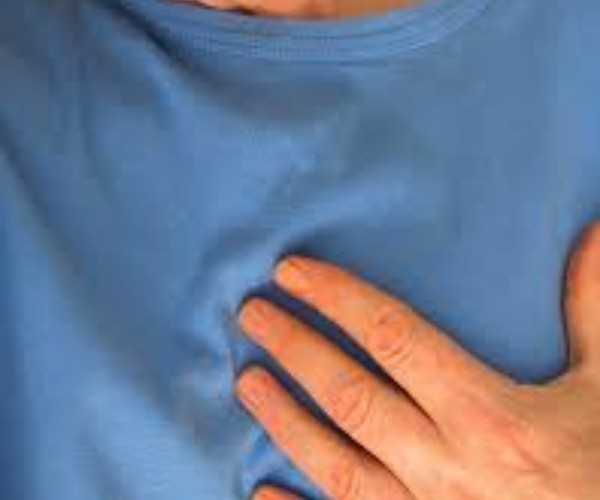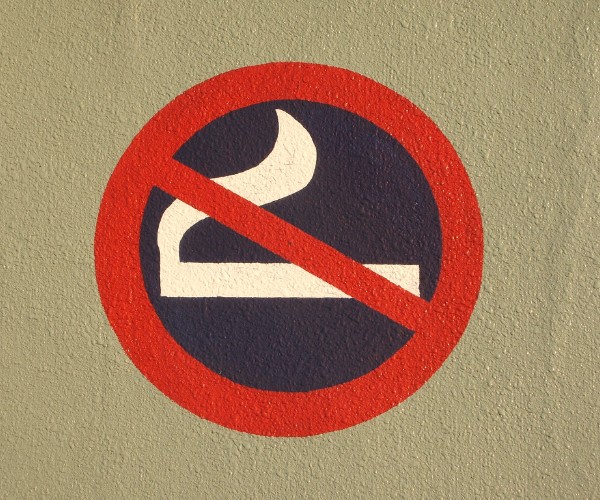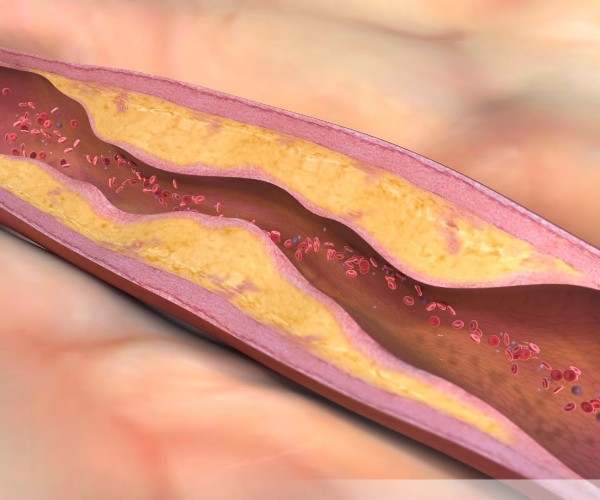When the condition of the aortic valve is severe and the insufficiency is exposing the patient to heart failure, as well as the possibility of developing other, serious, life-threatening conditions, aortic valve replacement is the way to go.
Surgical aortic valve replacement involves the removal of the damaged aortic valve, which is replaced with either a mechanical valve or a valve from cardiac-type biological tissue from animals such as the cow or pig.
The limitations of using valves made from biological tissues is durability as they are potentially degenerable, and thus would require replacement.
On the other hand, patients who have had mechanical valves implanted are closely linked to taking anticoagulant drugs for life.
Possible solutions are described to the patient, based on the indications of the treating physician, indicating those best suited to the actual clinical condition, the characteristics of the type of valve best suited for replacement, and the prospects for treatment.
For patients deemed most at risk of complications, aminimally invasive operative technique of replacing the aortic valve via catheter( TAVR, transcatheter replacement), a technique frequently used for replacements in cases of valve narrowing, may be used.
The procedure in TAVI involvesinserting a catheter into the monitored leg or chest until the heart is reached.
The replacement valve travels the same distance down the catheter and to the heart, where the valve will be expanded by a balloon and then implanted while the catheter is withdrawn from the patient’s leg or chest.
These types of interventions require some mandatory steps for patients who will need to use them:
- Assiduous intake of prescribed medications.
- Talk candidly with family and friends so that you can count on their understanding and help.
- Keep active, do a minimum of maintenance exercise, following your doctor’s instructions.
- Note down follow-up appointments with the attending physician in the diary, avoiding procrastination.
- Keep a diary of all symptoms, both those referable to heart valve disease due to other problems.
- Take note of one’s medical history and information regarding the health histories of family members, which may prove very useful to refer to the treating physician.
- Record the events that occurred, especially those that involved emotional distress and any cardiac symptoms.
Make a list of all medications you take daily, including vitamin supplements or other over-the-counter products. - At doctor’s visits have a family member or friend accompany you to have support to note down and remember the doctor’s instructions.
- Prepare in advance a list of questions to ask your doctor to discuss your diet and exercise habits. If you are not already eating well and exercising, be prepared to talk to your doctor about the difficulties you may face at first.
Write down the questions to ask the doctor so that none are left unanswered, including asking the following:
- What is the cause of the symptoms that occur?
- What are the diagnostic tests to undergo to ascertain the clinical problem and propose a solution?
- What possible treatments does the doctor recommend for one’s case?
- How can we manage heart disease with any other prior conditions?
- What behaviors to adopt as a patient, as a lifestyle to avoid getting worse and prevent symptoms?
- Should the need for surgery arise, what type of surgery would be most appropriate for one’s clinical problem?
- Have your attending physician recommend books, manuals or pamphlets that explain heart disease, documenting all aspects, following a rationale of knowledge and awareness of your health problems, with a view to directing you to the most appropriate treatment.






